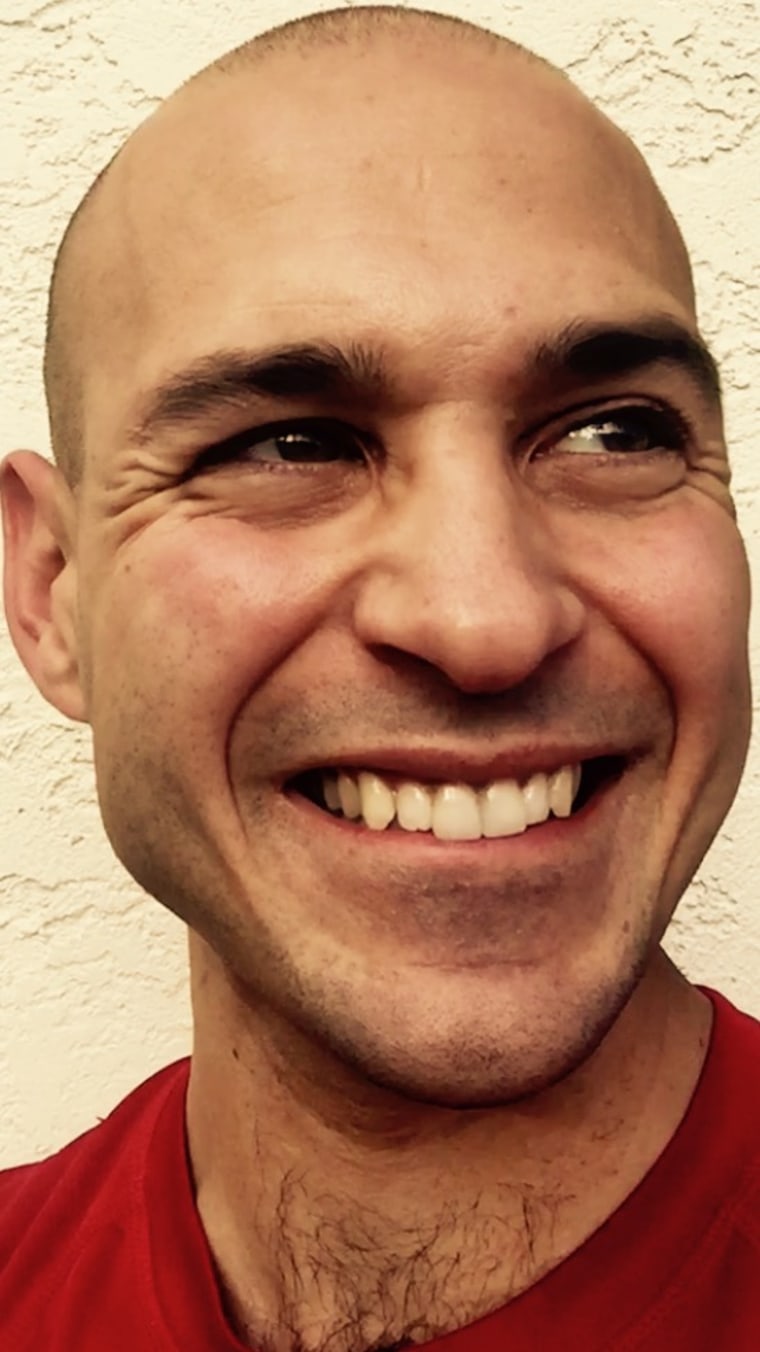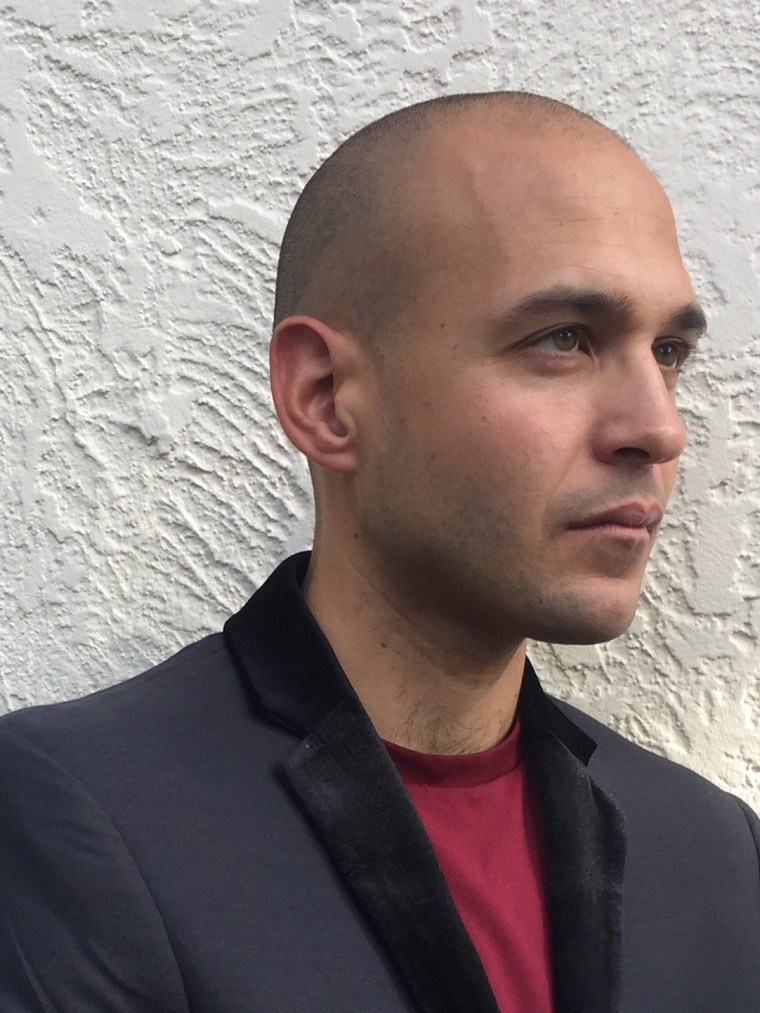
NAME: Jonathan Marcantoni
AGE: 32
HERITAGE: “Boricua de pura cepa” (true Puerto Rican)
HOMETOWN: Tampa, Florida now living in Colorado
OCCUPATION/TITLE: Publisher and author
Jonathan Marcantoni is a Puerto Rican novelist and publisher of the recently created La Casita Grande Editores, an imprint of Black Rose Writing, which specializes in Latino and Caribbean literature. His books “Traveler’s Rest,” “The Feast of San Sebastian,” and “Kings of 7th Avenue” deal with issues of racial politics and corruption in both the Puerto Rican diaspora and on the island. “Tristiana,” due out in 2017, will be his first Spanish-language novel. Marcantoni’s work has been featured in the magazines Warscapes, Across the Margin, Minor Literatures, PANK, and the news outlet Latino Rebels. He holds a B.A. in Spanish Studies from the University of Tampa and a Master of Humanities in creative writing from Tiffin University.

What sort of stories do you want to enable?
The biggest challenge in the Latino publishing scene is getting stories that go outside of immigration, identity and the American dream narrative, which is what Latino authors are stuck in. It seems like the big publishers feel that if you tell a story it has to include one of these three things because you’re really writing for a white audience. As a result there aren’t so many science fiction, crime or romance novels that are geared towards a Latino audience that kind of stand on their own as genre works.
Big publishers only look for Latino books on immigration, identity and the "American Dream," says Marcantoni.
They do exist but more often than not they’re coming out of the small presses, not the top five publishers – and those top publishers are looking for literary novels, not just stories about life and humanity. They are looking for Latino authors that are telling about their particular identity so you end up getting a lot of the same stories.
I want to find crazy surrealist novels and Indiana Jones-type novels set in Puerto Rico and I was able to find writers telling stories not expected from Latinos. We give them that space because we’re not bound by the pressure that the publishing industry puts on writers of color to fit narratives that are comfortable for white audiences. We want to give writers an outlet so that they can be different and not have to write stories about where they’re from but that focus on the writer’s imagination and appeal to universal themes.
Tell us about how La Casita Grande emerged.
While I was in publishing I got to speak with a lot publishers who were bigger than us and learned what shortcomings most writers have that no one is helping them fix: Things like setting up their own personal websites, their social media presence, booking interviews, securing reviews and understanding how to set up and conduct events. A lot of writers just stick to bookstores but there’s more to it.
I thought it would be great to have a publishing house that went beyond just signing them up, doing the editing and releasing the book and have those services be a part of the author’s contract. So I pitched the idea to Black Rose Writing because I knew they were expanding and they loved the entire concept.
You’ve written your own books but are focusing on publishing now, what called you to it?
I graduated in 2009 and basically all my plans went out the window because of the economic crisis. I sought out editing jobs but the big houses either didn’t want to pay or weren’t hiring. I found a job in Hawaii editing as a freelancer and did it in a company structure. I found I got a great deal of pleasure helping writers fulfill a lifelong dream. When writers finally get published by a company, they get the validation they were seeking. I got to be their champion and push them in a way they wouldn’t have pushed themselves on their own.
How did you get your start in writing?
I was always interested in writing, partly because of my father. He was a big storyteller, he’d make up bedtime stories at night and make up characters and I picked that up from him. I started writing theater pieces at age 6 and started acting then by age 8 I started writing plays.
As I got older I got into underground literature and experimental theater. My friends and I found that there was not a lot of opportunity to do theater in our community and have good roles so we’d write these plays to have roles. We’d film ourselves and put shows on in houses, we’d go to parks and other public places.
I graduated from high school and then went to film school in Atlanta but that didn’t last very long. I was on my own, I was 19 and got my first paid writing gig and I saw that with writing I could at least make something of a living, whereas holding several jobs while doing film and theater was more demanding. That’s what led to just writing and started leading to more short stories and then books.
What advice do you have for writers who are looking to get published and get their work out to audiences?
First, the biggest thing I would say is: Get to know people.
Do go out and network, get to know publishing houses, get to know these cultures, get to know editors as people; the more you build real relationships, the more doors will open to you.
Most writers think they get exposure by shoving their writing into someone else’s face but editors and publishers are real human beings; we want to make real personal connections. You have to understand that the people who have the power to open doors for you —they are so used to someone wanting something from them. So you have to get to know people. Build up personal networks and they can lead to creative networks, it really does pay off.
And second, if you’re one of those writers inspired to be published, reach out to me; I am more than happy to set you on the right path.
Esther J. Cepeda is a Chicago-based journalist and a nationally syndicated columnist for The Washington Post Writers Group. Follow her on Twitter, @estherjcepeda